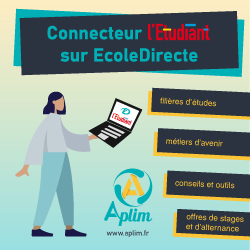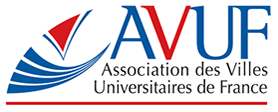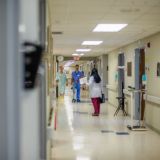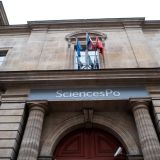
Stanford is the birthplace of many digital companies, including Yahoo, Netflix and Google. How do you foster innovative ideas?
We try to attract the very best students: people who could change the world. We give them the necessary resources but there's a lot of serendipity in the system. When Larry Page and Sergey Brin created Google, they weren't working on an Internet search tool. They were working on a digital library. Young people are very creative. Other search engines existed but Larry and Sergey thought they could do better.
We try to inculcate in our students that willingness to try something new. Stanford values risk taking and pioneering. Publishing an article alone will not change the world. How will you transfer your technology to the outside world.
In 2012, you predicted a higher education tsunami. Where are MOOCs now?
We learned that it's extremely difficult to create a MOOC for a thousand students who have no common background. Course feedback is mixed. Some think the MOOC went too fast, others think it was too slow or too easy. The result is very high dropout rates.
MOOCs don't work as they were initially conceived
MOOCs don't work as they were initially conceived. There are promising effective alternatives out there, flipped classrooms for example. Small Private Online Classes (SPOCs) work well for students who have a common background. We'll see a growing demand for that sort of model.
What will universities look like in 2030?
There will be more ways to get a degree and more life-long learning. The future of radical ideas, like studying at multiple schools or alternating work and studies, are harder to predict. Students are reluctant to give up the social bonding experience of college.
Much is expected of online machine learning and adaptive learning. Understanding how the brain learns is neither simple nor monolithic. Students may prefer textbooks, videos or lectures. Imagine an online course that guides you through the material and adapts it to your learning speed and style. Machine learning tools could diagnose students' learning difficulties.






